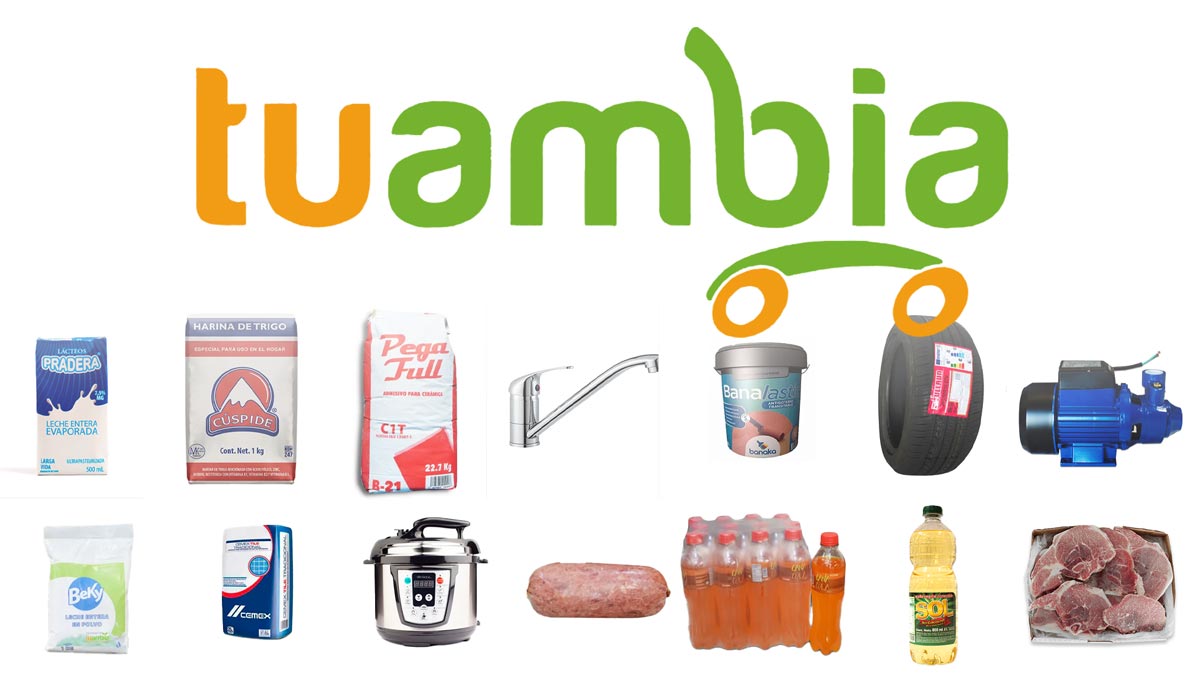In a groundbreaking development in the field of sustainable brewing and circular resource use, scientists at Ghent University in Belgium have successfully turned human urine into an eco-friendly beer. The research team’s novel process, which recycles wastewater into safe, potable liquid, is being hailed as a bold step in the quest to address water scarcity and reduce the environmental impact of the beverage industry.
From Waste to Refreshment: How Scientists Brewed Up a Revolution
The pioneering experiment involves collecting urine from public restrooms, purifying it through a state-of-the-art solar-powered filtration system, and reusing the recovered water to brew “Urine Beer.” The process, initially demonstrated at music festivals, leverages advanced membrane technology to extract 95% of the water content from the waste product, resulting in sanitized water suitable for beer making.
“Our aim is to prove that wastewater can be treated and reused for all sorts of purposes—even brewing beer,” said Professor Sebastiaan Derese, lead researcher at Ghent University, in a statement to The Guardian. “This is not only about water conservation, but about breaking the taboos that limit sustainable solutions.”
Brewing Up Sustainability: Why Urine Beer Matters
Addressing Water Scarcity in Beer Production
The brewing industry is notoriously water-intensive: it takes about 7 liters of water to produce just 1 liter of beer, according to the Water Footprint Network. As climate change exacerbates water scarcity worldwide, brewers are searching for innovative ways to conserve water and reduce waste.
By using treated wastewater, scientists have proved it’s possible to close the resource loop—turning what was once a pollutant into a vital brewing ingredient.
Is It Safe to Drink Beer Made from Urine?
Health and safety are front-of-mind for researchers and consumers alike. Derese’s team emphasizes that their advanced purification process removes all harmful bacteria, viruses, and organic contaminants, creating water that meets or exceeds drinking standards set by the World Health Organization.
“The final product is as safe—and tastes as good—as beer brewed with standard methods,” noted Dr. Marie Van den Bossche, a co-author of the study. “Most people can’t tell the difference during a blind tasting.”
Public Response: Curiosity, Cautious Optimism, and the “Ick” Factor
Initial reactions range from intrigue to skepticism. At festivals and tastings where the urine beer debuted, many attendees overcame initial hesitance to sample the product, often surprised by its cleanliness and flavor.
Food sustainability advocate Dr. Javier Morales commented, “Our society needs to challenge old perceptions about waste. Innovations like this could play a major role in future-proofing food and beverage supply chains, especially in water-stressed regions.”
However, some critics argue that broader acceptance will require robust regulatory oversight and public education to address lingering concerns about health and hygiene.
The Road Ahead: From Niche Innovation to Mainstream Adoption?
Pilot Projects and Industry Interest
The Ghent team’s success has drawn interest from sustainability-minded breweries and environmental NGOs across Europe and beyond. Several pilot programs are in development to assess the scalability of urine recycling systems for municipal and industrial use.
Dutch brewers have already experimented with “sewage beer,” and Singapore’s “NewBrew”—made using recycled wastewater—demonstrates a growing trend toward circular brewing worldwide.
Ethical and Environmental Considerations
The initiative raises important ethical questions about public perception, sanitation infrastructure, and the cultural taboos surrounding bodily waste.
“This isn’t just about beer—it’s about reimagining our relationship with resources and overcoming the psychological hurdles that have limited our ability to innovate,” said Prof. Derese.



